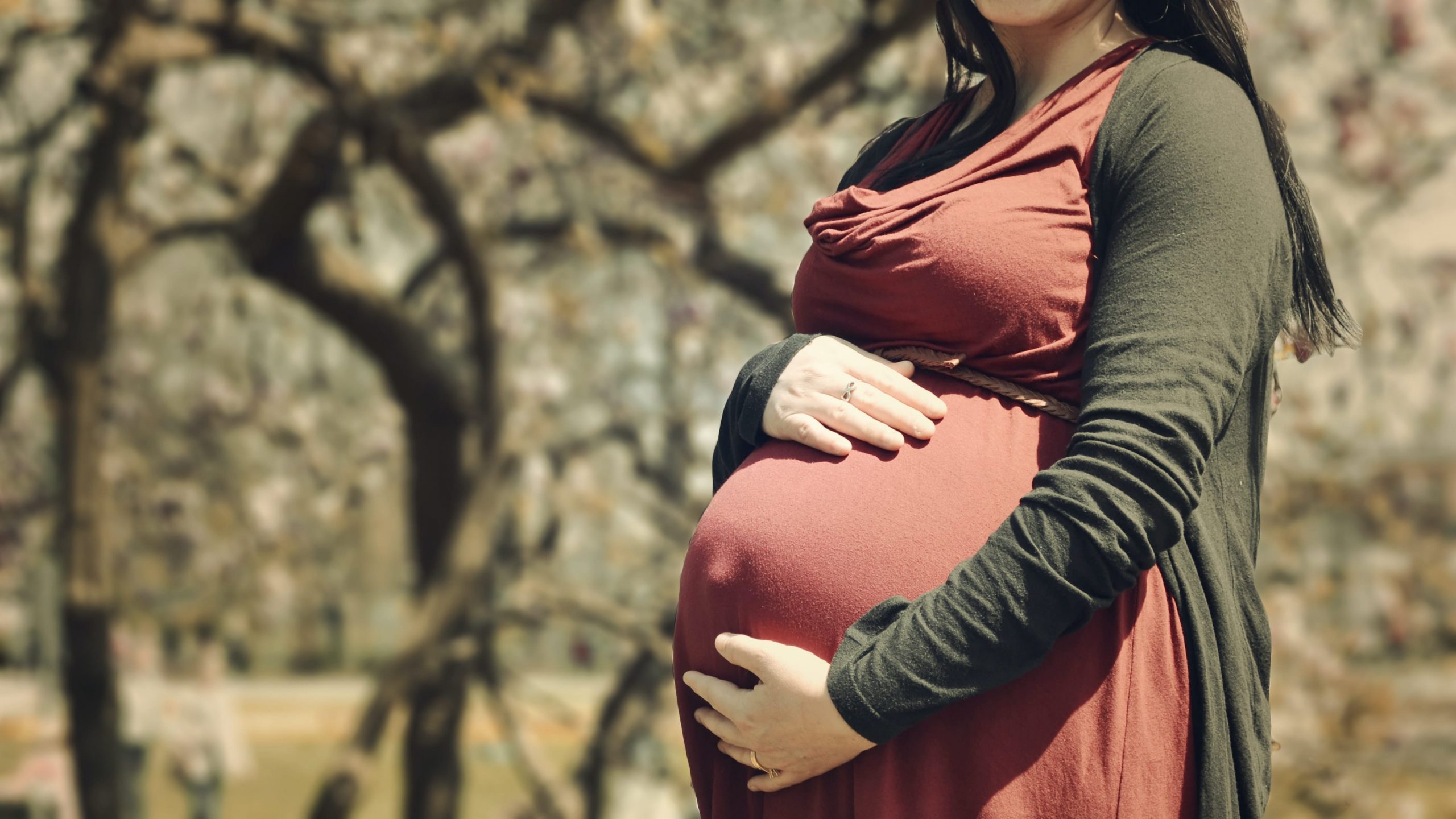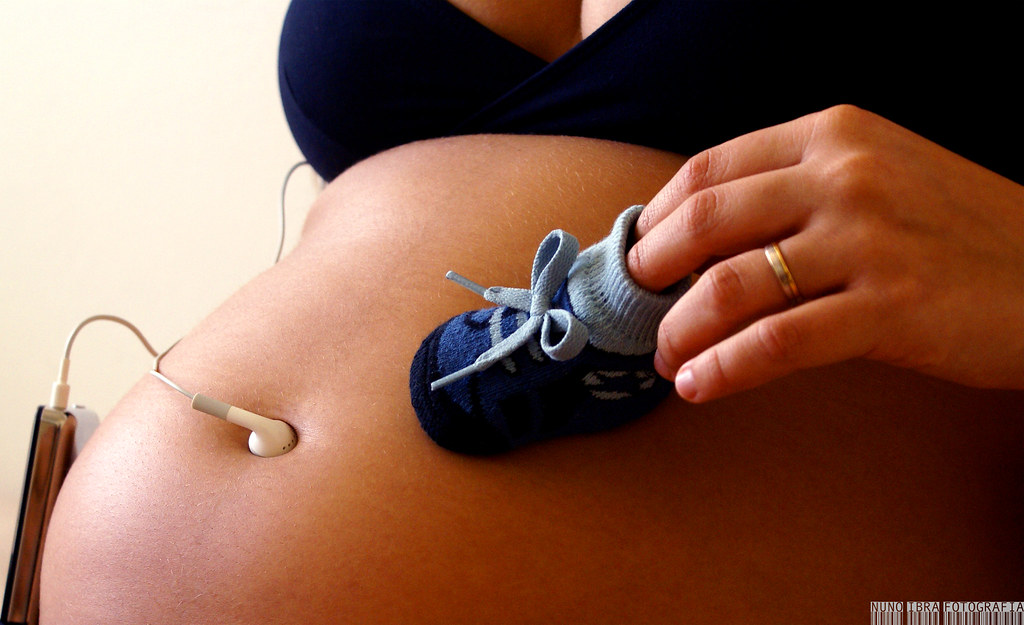

What is the treatment for hemorrhoids during pregnancy?
There are many home remedies and lifestyle modifications you can try to reduce hemorrhoids.
It’s a good idea not to ignore them, since untreated hemorrhoids may get worse with time and may cause complications such as increased pain, or in rare cases anemia from bleeding.
You may also need to reach out to your doctor to diagnose and treat your hemorrhoids. Since hemorrhoids are not the only cause of bleeding near your anus, it’s always a good idea to speak to your doctor if you notice new bleeding when you wipe or in your stool.
Home remedies
There are many things you can do at home to relieve and prevent hemorrhoids.
- Use wipes or pads that contain witch hazel.
- Use gentle, flushable wipes when you use the toilet.
- Use a sitz bath or soak in clean warm water for 10 minutes at a time a few times a day.
- Take Epsom salt baths in warm water that’s not too hot.
- Hold an ice pack on the area for a few minutes several times a day.
- Move around frequently and try not to sit for too long to avoid extra pressure on your anus.
- Drink lots of water and eat foods high in fiber to help keep stools soft.
- Avoid straining while having a bowel movement or sitting on the toilet for long periods of time.
- Perform Kegel exercises to strengthen muscles.
- Lie on your side rather than sitting to reduce pressure on your anus.
Medical treatment
You may want to see a doctor before treating hemorrhoids at home. This will ensure you get a proper diagnosis and understand the treatment options available to you.
During pregnancy, always speak to your doctor before taking any medication, including those you apply to your skin. This will ensure treatments do not pose a risk to your baby.
Your doctor may be able to recommend a safe laxative or a suppository to relieve constipation. Witch hazel may also be a homeopathic treatment for hemorrhoids during pregnancy but always talk to your doctor firs
Topical treatments available over-the-counter or by prescription may help hemorrhoids, but they may not be safe for pregnancy. Make sure to discuss them with your doctor. These topical medications may include pain-relieving or anti-inflammatory ingredients.
Medical treatment for hemorrhoids includes:
- Rubber band ligation. During banding, a small rubber band is placed around the base of hemorrhoids. The band stops the flow of blood into hemorrhoid and eventually, hemorrhoids will fall off. This usually takes 10 to 12 days. Scar tissue is formed during this process that helps prevent hemorrhoids from recurring in that same location.
- Sclerotherapy. A chemical solution is injected directly into hemorrhoids. This causes it to shrink and to form scar tissue. It’s possible for hemorrhoids to return after this treatment.
- Hemorrhoidectomy. This is a surgical procedure to remove hemorrhoids. It’s associated with several risks, including general anesthesia, risk of damage to the muscles of the anus, more pain, and longer recovery time. As a result, this treatment is only recommended for severe hemorrhoids or when there are complications, such as many hemorrhoids or hemorrhoids that have prolapsed.
- Stapledhemorrhoidopexy. The hemorrhoidal tissue is placed back inside the anus and held in place using surgical staples. Your doctor may suggest packing the site of hemorrhoids with absorbent bandages to avoid excessive bleeding.

Trusted Services
Diet is not starving but Eating well-balanced food.

Most Liked
12 min read
12 Things I absolutely loved during my pregnancy
10 min read
12 EFFECTIVE WAYS TO LOSE WEIGHT AFTER PREGNANCY
11 min read
WEIGHT LOSS REALITY: It’s not rocket science
12 min read
DIET IN HYPOTHYROIDISM
6 min read









